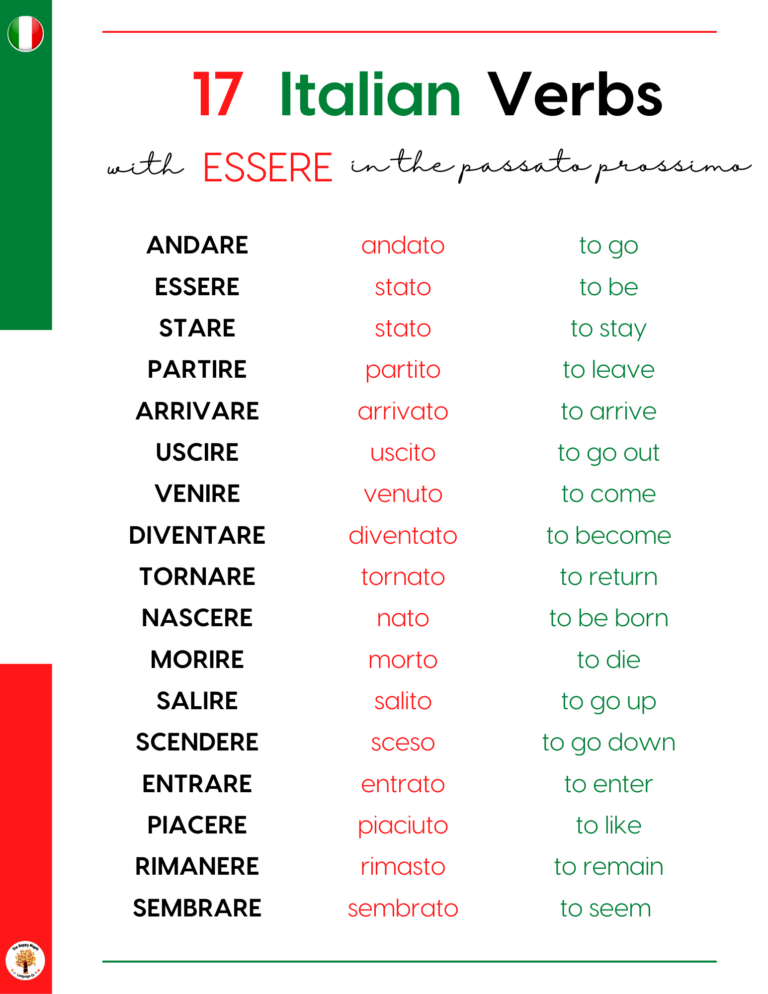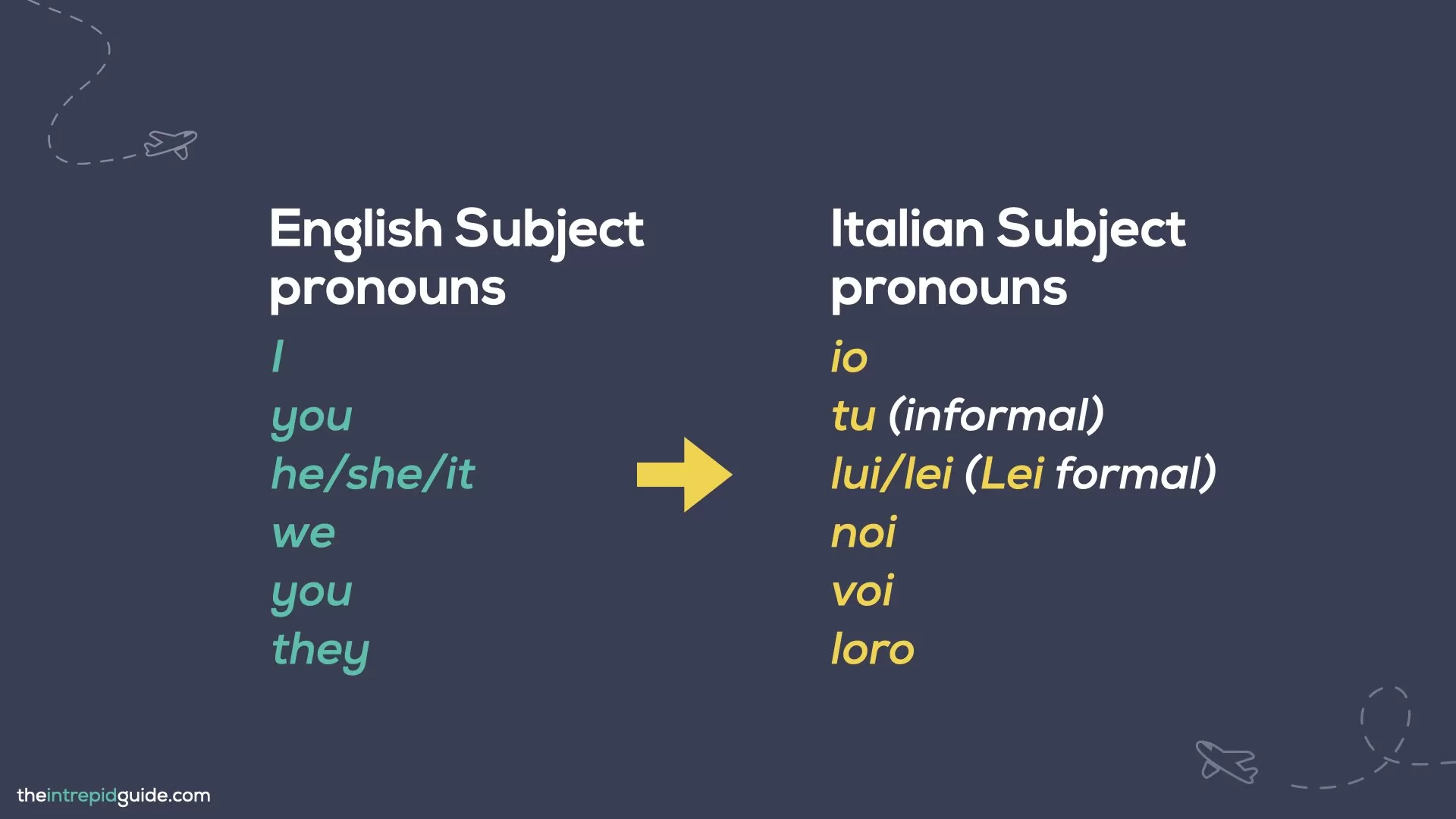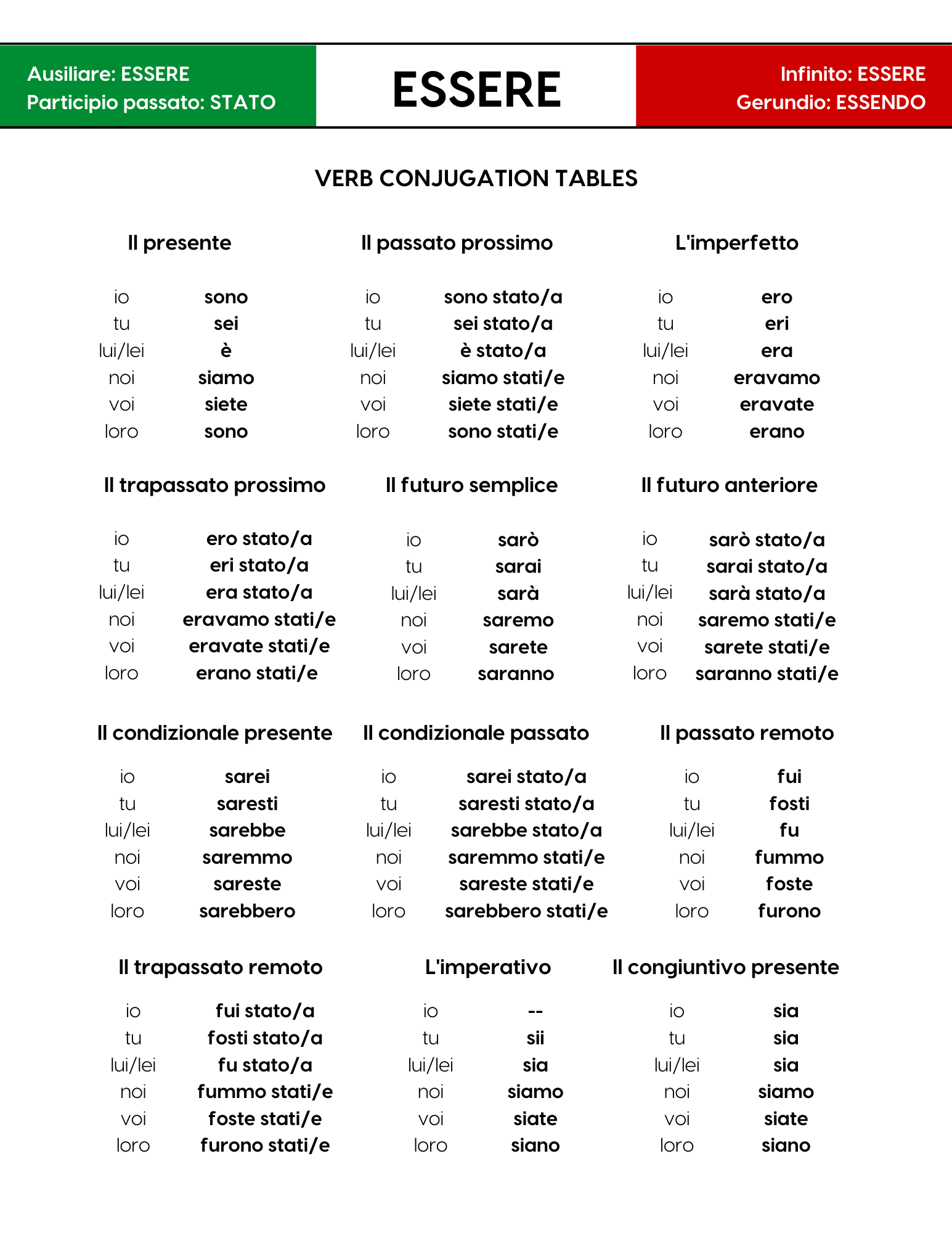
The Italian Verb Files Essere The Happy Maple Language Co
The conjugator allows you to conjugate any verb as long as it corresponds to an existing conjugation model. They may be imaginary verbs, they may contain spelling mistakes or be buzz verbs, not yet aggregated to our conjugation tables like "twittare", "taggare" or "svapare"! Conjugate verbs in English, French, Spanish, German, Italian, Hebrew.
/Making-pasta-58c187f43df78c353c28d0f5.jpg)
How to Conjugate the Verb "Stare" in Italian
Italian verb 'stare' conjugated Cite this page | Conjugate another Italian verb Nominal Forms Infinito: stare Participio presente: stante Gerundio: stando Participio passato: stato Nominal Forms Infinito: essere stato Participio presente: essente stato Gerundio: essendo stato Indicativo Presente Passato prossimo Imperfetto Trapassato prossimo
:max_bytes(150000):strip_icc()/architecture-black-friday-blur-972804-840e6c45d28c4d0a9ce2fd68aeba7f4c.jpg)
How to Conjugate the Verb "Stare" in Italian
Italian Verbs Conjugation Type the verb you wish to conjugate (ie: mangiare, dormire, amare) stare Indicativo Presente io sto tu stai lui sta noi stiamo voi state loro stanno Passato Prossimo io sono stato tu sei stato lui è stato noi siamo stati voi siete stati loro sono stati Imperfetto io stavo tu stavi lui stava noi stavamo voi stavate

SCARICARE ITALIAN VERB
Italian verbs conjugator Please type the verb to conjugate: Donazione continue below STARE verbo intransitivo della I coniugazione (ausiliare essere) coniugato nella forma attiva con ausiliare essere INDICATIVO PRESENTE io sto tu stai lui/lei sta noi stiamo voi state loro stanno IMPERFETTO io stavo tu stavi lui/lei stava noi stavamo voi stavate

Conjugation Stare 🔸 Italian verb in passato prossimo, imperfetto
Stare is an extremely important Italian verb, which is often used in everyday conversation. Hence, it's crucial to get familiar with the stare conjugation and its different meanings. Depending on the situation, stare can be translated as: To stay To be To remain To be situated To live To be about to (when followed by a verb in the infinitive form).

Conjugation Stare 🔸 Italian verb in passato prossimo, imperfetto
The Italian irregular verb stare has three usages and meanings:. as a standalone verb, it means "to stay" in a precise location*;accompanied by an adjective, it expresses a physical or mental status;; accompanied by a verb (especially in the gerund mood), it means "to be in process of doing something".*In this case the verb essere can be used with the same meaning as "to stay" but it has a.

Italian Verb Conjugation Learning Italian Italian Verbs Italian Lessons
Sta is used as a conjugation of the formal you, voi. Conjugation of certain tenses like this'll also be covered in its own section later in this post, so keep on reading to find out more. Something else that's important to remember is that stare is an irregular verb.

Conjugation of Italian verb ‘stare’ Commonly Used Words
Conjugation Italian verb stare 1st conjugation verb - stare is intransitive (essere auxiliary) stare feminine Translation stare stare to stay Indicativo (Indicative) Presente (Present) io st o tu st ai lui st a noi st iamo voi st ate loro st anno Passato prossimo (Present perfect) io sono st ato tu sei st ato lui è st ato noi siamo st ati

10 WAYS to use STARE in the PRESENT (Italian Verbs) YouTube
Italian conjugation of the verb STARE - Italian Conjugator Italian Conjugator Verb conjugation Stare Indicativo Presente io st o tu st ai lui/lei st a noi st iamo voi st ate loro st anno Passato prossimo io sono st ato /sono st ata tu sei st ato /sei st ata lui/lei è st ato /è st ata noi siamo st ati /siamo st ate voi siete st ati /siete st ate

Conjugation Stare 🔸 Italian verb in passato prossimo, imperfetto
Congiuntivo (Subjunctive) Condizionale (Conditional) Imperativo (Imperative) By Cher Hale Updated on November 29, 2020 "Stare" is used to talk about all things, from how you're doing to where you're at in Italy, so it's best if you feel comfortable using this word in all its forms.

Italian Verbs conjugate italian regular verbs and italian irregular
Stare (to stay) conjugation Italian 119 examples This verb can also mean the following: keep, be, be up to, live, be to, remain, stick Display translations Io Tu Egli/ella/esso Noi Voi Loro Present tense sto stai sta stiamo state stanno Present perfect tense sono stato sei stato è stato siamo stati siete stati sono stati Past preterite tense stetti

How to Conjugate Italian Verbs in 3 Simple Steps [Italian for Beginners
Conjugation stare | Conjugate verb stare Italian | Reverso Conjugator Irregular verbs stare Infinito stare Gerundio stando Participio Passato stato Model : stare Auxiliary : essere Other forms: starsi / non stare Advertising Indicativo Presente io sto tu stai lei/lui sta noi stiamo voi state loro stanno Imperfetto io stavo tu stavi lei/lui stava

Italian ppt conversations
The verb stare literally means to stay, to be in a place (without moving) or to be in a particular condition, but also to live in a place or to be in a relationship. Depending on the situation, it can be translated as: to be, to remain, to stand, to be situated, to sit.

The present tense of the verb "STARE" In Italian this verb can be
'stare' conjugation table in Italian Go to the definition page of stare Indicative Subjunctive Imperative Infinitive stare Past Participle stato Gerund stando Indicative Present io sto tu stai lui/lei/Lei sta noi stiamo voi state loro stanno Imperfect io stavo tu stavi lui/lei/Lei stava noi stavamo voi stavate loro stavano Future

The Italian Verb Files Essere The Happy Maple Language Co
'stare' conjugation table in Italian Go to the definition page of stare Indicative Subjunctive Imperative Infinitive stare Past Participle stato Gerund stando Indicative Present io sto tu stai lui/lei/Lei sta noi stiamo voi state loro stanno Imperfect io stavo tu stavi lui/lei/Lei stava noi stavamo voi stavate loro stavano Future

stare Conjugation of the verb “stare” schoLINGUA
A list of the common conjugations for the Italian verb , along with their English translations. Past Historic / Passato remoto. This is a literary tense, i.e. a tense used in writing, in everyday speech the Passato Prossimo is used to refer to past actions. Pluperfect / Trapassato prossimo. Future Perfect / Futuro anteriore.